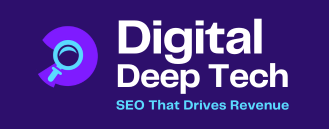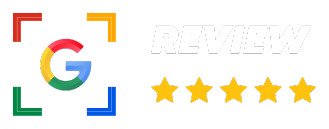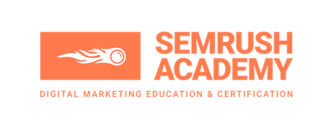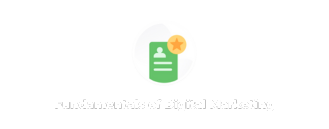What is On-Page SEO? Optimizing Your Pages for Search
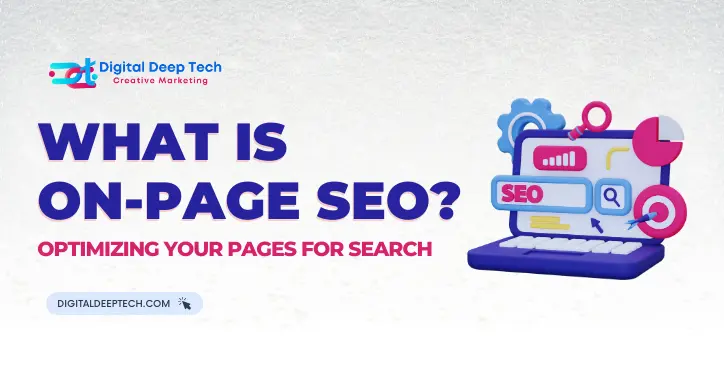
Table of the content
Introduction
The need for improvement in the visibility and ranking of your website on search engines is mastering On-Page SEO. As a Local SEO expert and founder of Digital Deep Tech, I, Deepak Sharma, have seen how a well-optimized page can create an impact on a website.
This blog will help break the complexities of On-Page SEO to issues faced by businesses so that you can actually achieve the enhanced ranking of your website on Google.
On-page optimization is the technique of adapting individual web pages in an effort to rank better, as well as attract more relevant traffic coming from search engines. This encompasses content, HTML tags, meta descriptions, and images-all adjusted to match the search intent.
The more perfect your on-page SEO is, the more likely it is that the search engines will be able to understand your content, which improves the chances at ranking better.
But why would you care about on-page SEO? Easy: without it, you’re invisible. The majority of websites that ignore on-page SEO end up getting no visitors – and potential customers which could have been in there go elsewhere. That’s a problem.
Day 15 of the Free SEO Course
Learn advanced strategies, then reach out to get online training to take your skills to the next level!
Consequences of Ignoring Search Intent
But probably the biggest on-page SEO mistake is just not trying to match your content to the search intent of users. So when some person is typing into a search engine, usually there is some need behind it. So if your content doesn’t fulfill that need, then they’re gone, and your bounce rate is going to be massive. And Google hates that.
So, take it from me, but ignoring search intent can cause high bounce rates, lower rankings, fewer conversions, and decreased credibility with users.
Why This Hurts Your Business
Why does this matter, you may ask as a business owner? Isn’t good enough to have good content, right? Not quite. If you ignore search intent, in fact you’re talking past your audience.
They come with the hope of finding answers and will quickly get away if those answers aren’t immediately given. You’ll lose sales potential, then your competitive edge, and word of mouth will then become toxic to your online reputation. Can you really afford that?
Optimization for Search Intent
The solution is readily available in that you make your content whatever the user is searching for. The positive way to achieve this is by learning the type of queries your audience poses and, from that learning, creating content providing the best possible answer.
Do the following:
- Keyword analysis: Identify what your audience is searching for.
- Optimize Search Intent: Ensure that the content of your page is relevant to search intent. In that case, your page will have a heading or a requirement which you have to answer in response to the query of the user.
- Headings and subheadings: Segment your content so that it becomes readable not only for the user but also for the search engine.
- Clear answering of questions: Ensure that you have short sentences so that the users can locate the answers quickly.
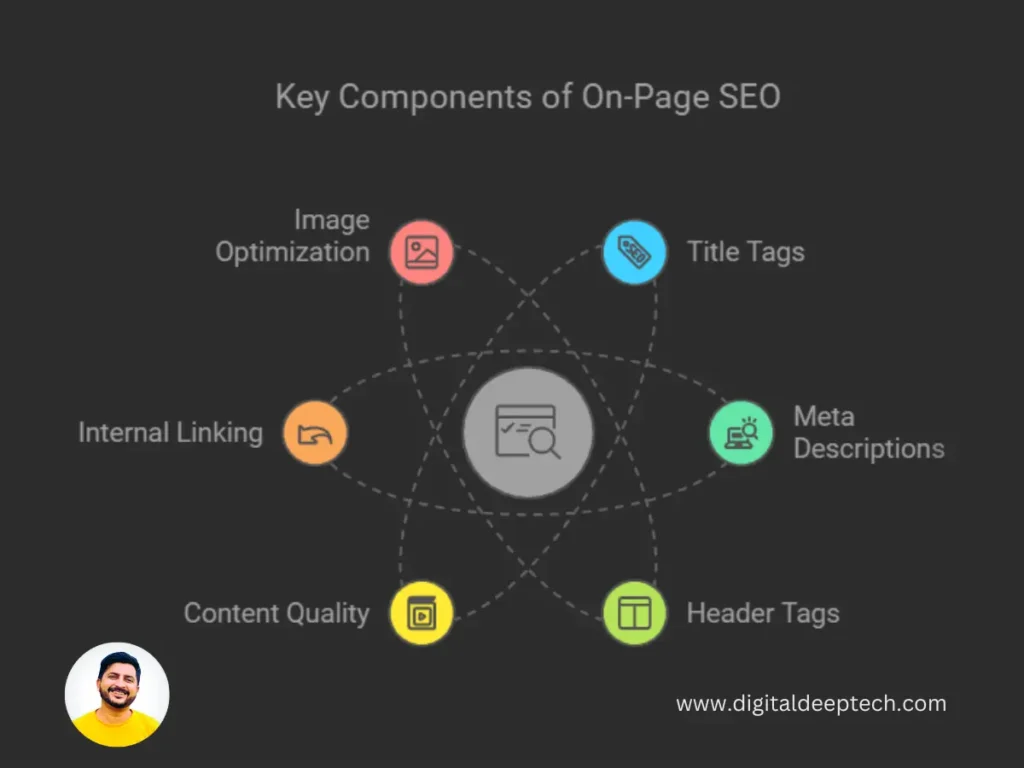
What Are the Elements Included in On-Page SEO?
On-page SEO encompasses virtually every one of those factors that make your website not only search-engine-friendly but also user-friendly. These factors include:
- Title Tags: This is the HTML tag that has the title of a page. This one is one among the most critically ranking factors.
- Meta Descriptions: A short summary of what the page is about, shown in the search engine result pages. It will thus affect the click through rates.
- Header Tags (H1, H2, H3, etc.): These define structure for content that makes it easier to read and understand.
- Content Quality: The content should be relevant, informative, and valuable to the reader. Optimization of the keyword is necessary but do not keyword stuff.
- Internal Linking: Those links that link to other pages on your website. It helps in navigation and even distributes link equity.
- Image Optimization: You must use alt text to describe the images. This is how search engines interpret what’s in your images.
What Is On-Page SEO vs. Off-Page SEO?
There are major differences between on-page and off-page SEO. While on-page SEO are the optimization elements which are found on your website, off-page SEO is the activities that are taking place off your website. Among such is link building.
- On-page SEO factors include content title tags, Meta descriptions, and internal linking among others.
- Off-page SEO involves external factors like backlinks together with social signals.
Two things can make or break a perfect SEO but complete control over on-page SEO lies in your hands, which is why you must get it right.
What Is On-Page Optimization in SEO?
In simple words, optimization refers to fine-tuning every page to rank better on the search results of a search engine. It is not content alone but each technical thing, from the URL structure to that tag in your images. And that is exactly where I spend most of my time as a Local SEO Specialist, and I think here’s why you should too.
Why On-Page Optimization?
On-page, search engines update themselves so frequently to make sure users will get the best results. Your website going to meet the demands of advanced search algorithms via on-page optimization. If you do not employ on-page optimization, your website may miss out important ranking factors.
Now let’s break it down into more details.
- Keyword Placement: Don’t use keywords stuffing in your website content. Keywords must be placed as naturally within your content, title, and Meta tags.
- Mobile-Friendliness: Google ranks the websites with mobile-friendliness on top. Your website should get responsive. Easily open every devices without take load time.
- Page Speed: Nobody likes to wait on a slow webpage for a long time. Therefore, page speed in the fastest option is a basic need to look for.
- Responsive Website Pages & UX: A good UX makes it so effortless for visitors to navigate and get the information they are in search of.
The Step-by-Step On-page SEO Techniques
Do you often ask yourself, “What are the best on-page SEO techniques I can apply to boost my site’s ranking?” Well, here are the top strategies I recommend:
- Content is King
- Content must be useful, relevant, and full.
- Add the target keyword organically in the first 100 words.
- Use secondary keywords and synonyms to avoid keyword stuffing
- Title Tags Optimization
- Ensure your title tags are less than 60 characters.
- Give every one of your pages unique titles.
- You will include your keyword, but not too much repetition.
- Correct Use of H1 and H2 Tags
- The keyword will be found in your H1.
- Use H2 and H3 to section up your contents.
- Better User Experience
- Make your website so that it can be read by your visitors.
- It should be mobile-friendly.
- You don’t want to raise your bounce rate with weird, fast content.
- Optimized Image
- Use the names of the images that describe images and alt text.
- Compress the images in a way they can load faster.
- Internal and External Linking
- Make the link to other relevant pages so it will lead to better navigation of your website.
- Use reputable links external as it would make it credible.
What Is On Page SEO in Digital Marketing?
On-page SEO refers to the optimizing process of content and HTML source code found on a page, which makes it attract organic traffic in accordance with user queries. This will make the page more relevant, trustworthy, and authoritative to search engines like Google.
Why does your Business Need On-Page SEO?
- Greater opportunity for higher search rankings means raising the chances of being visible.
- Better user engagement brings high conversion rates.
- With the growing number of more traffic, comes along the number of more potential customers.
Having worked as a digital marketing professional, I have witnessed many firms develop by emphasizing on-page SEO. Any organization needs to consider it because it can make or break their rank in the SERPs.
Let's Discuss Your Project
Get a free one-week consultation and share your vision for digital marketing with us.
Conclusion
On-page SEO is actually the most potent marketing tool one can make use of to be quite beneficial in making a difference in ranking and visibility for a website. This approach with an optimized structure and content of a website doesn’t just make it easy for the search engine but for human audiences as well.
If you require any assistance in the on-page SEO optimization process, do let me know. I am Deepak Sharma and will guide you through all optimization techniques for your website to become successful.
To join for a remote training or to book a personal meeting, Call or WhatsApp at +91 9780668174. Do not forget to share this blog post on your social media networks!
Frequently Asked Questions (FAQs)
What is On-Page SEO?
As on-page SEO optimizes individual web pages for search engine ranking and hence it attracts more traffic. These pages are registered with search engines, hence they are liable to draw organic traffic.
2. What's the difference between on-page and off-page SEO?
On-page SEO vs. off-page SEO. While on-page SEO is concerned with how your website is content-friendly and technically optimized, off-page SEO deals with things outside of your website, such as backlinks also called link-building.
3. Why is content relevant to on-page SEO?
Content should be created for the target audience, not for search engines. Another words, the better content of your website is, the better search engines will understand it, and user experience will benefit from it too.
4. What does on-page optimization in SEO?
On-page optimization refers to all the technical aspects-content, HTML tags, and images included-that enable your page to reach search rankings.
5. What is the role of keywords in on-page SEO?
Keywords help search engines understand the topic of your page and rank it for relevant queries.
6. How important is on-page SEO as compared to mobile friendliness?
Google prefers mobile-friendly websites, so a necessity to rank at a high level.
7. What is a Featured Snippet?
No Featured snippet is the highlighted answer to a question at the top of the Google search results.
8. How can I optimize my content for search intent?
Keep your content relevant to the reasons people search. Is it informational, navigational, or transactional?
9. Why is page speed important for on-page SEO?
Your page speed can negatively impact your user experience and in turn hurt your rankings.
10. What's an internal link for SEO?
Internal links send people to other pages in your site, making it easier for them to find things in your site. They spread link equity also.

About the Author
Deepak Sharma is the founder of Digital Deep Tech and a renowned SEO and digital marketing expert with over a decade of experience. Passionate about helping businesses enhance their online presence, Deepak specializes in creating SEO strategies that drive traffic and generate leads.

